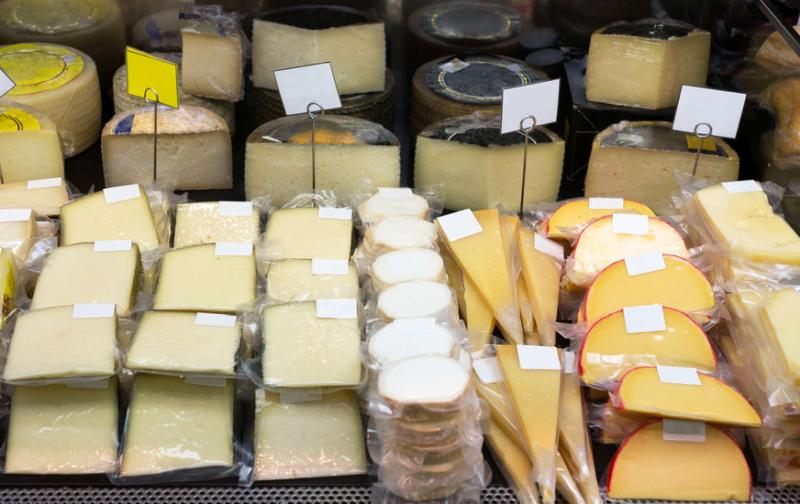
Around three-quarters of all European Union cheese send to the United States will be subject to retaliatory tariffs of 25% from today.
The World Trade Organisation (WTO) gave the US the green light to apply up to $7.5bn of retaliatory tariffs a year on products imported from the bloc.
This is as a result of the Airbus-Boeing dispute. Both the US and EU claim that each others aeroplane manufacturer is unfairly subsidised.
Cheese is the largest EU dairy export in both volume and value terms. Under the new tariff schedule, approximately 75% of EU cheese sent to the US will be subject to tariffs.
However, the tariffs vary between member states. For the UK, the tariffs encompass nearly all butter and cheese exports to the US.
In new analysis released on Thursday (17 October), AHDB Dairy looks at how the tariffs will be applied to specific member states.
Italy is the largest exporter of cheese to the US. Last year, the nation accounted for almost a fifth of all cheese imported into the US.
Italy have been included for all cheese tariffs, and so almost all (>99%) of Italian cheese exported to the US will be subject to the duties.
France is also a key exporter of cheese to the US, with 24,000 tonnes of cheese exported last year.
But the country has been omitted from a selection of cheese tariffs, including Cheddar, Emmental and blue-veined cheeses.
The tariffs will, however, still apply to around 96% of French cheese that is currently sent to the US.
Butter is also a significant EU dairy export to the US. Ireland is the largest exporter of butter to the US, accounting for nearly half of all the butter imported into the nation last year.
Under the new tariff schedule, all of Ireland’s butter exports will be subject to tariffs.
The implementation of the tariffs will make EU products more expensive, and in most cases uncompetitive on US markets, according to AHDB Dairy.
It says that eporters may have to choose between absorbing the tariffs into their costs or seeking alternative markets for their products.
